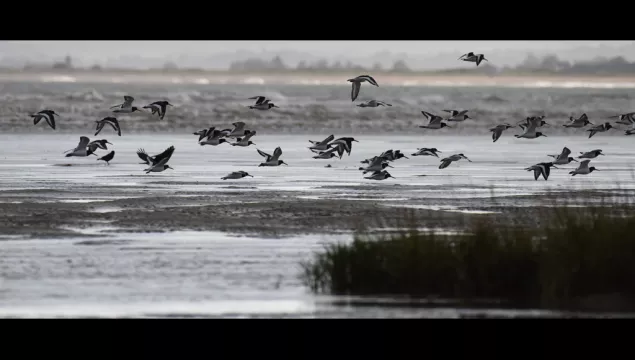
Sandwich and Pegwell Bay
Listen to the rolling waves on the sand and shingle, breathe in the saline scents of the saltmarsh, and watch the wonderful wildlife this very important and sensitive National Nature Reserve has to offer.

Listen to the rolling waves on the sand and shingle, breathe in the saline scents of the saltmarsh, and watch the wonderful wildlife this very important and sensitive National Nature Reserve has to offer.
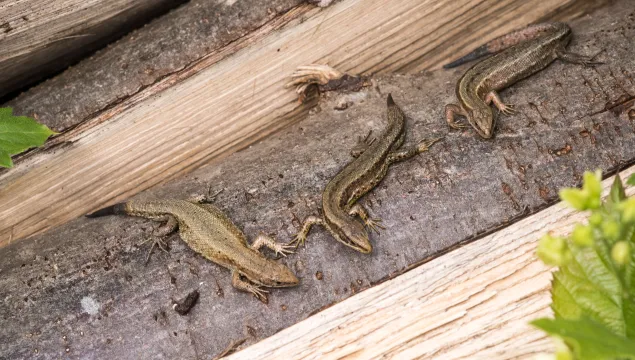
The 'Bank' is almost four hectares of chalk grassland on a southeast-facing hillside with commanding views of the Darent Valley.
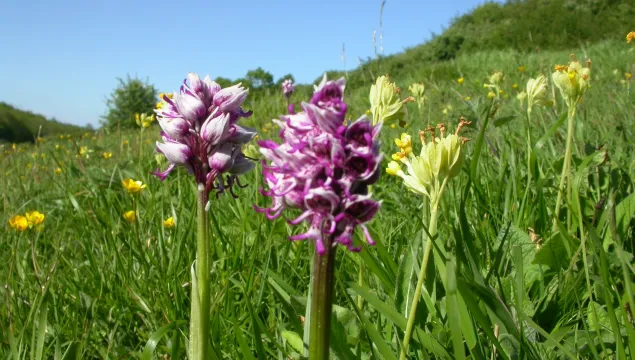
Ancient chalk grassland with a very rich flora.
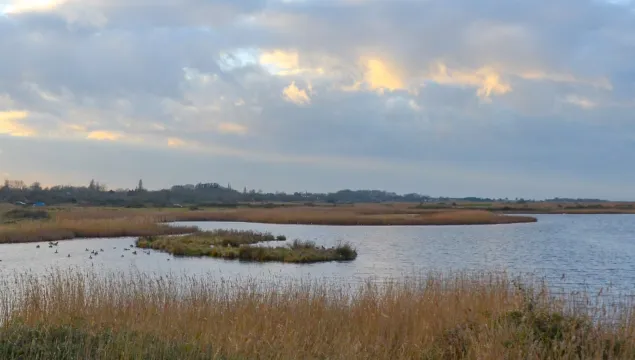
Oare Marshes is an international importance for migratory, overwintering and breeding wetland birds, the reserve consists of grazing marsh (one of a few left in Kent).
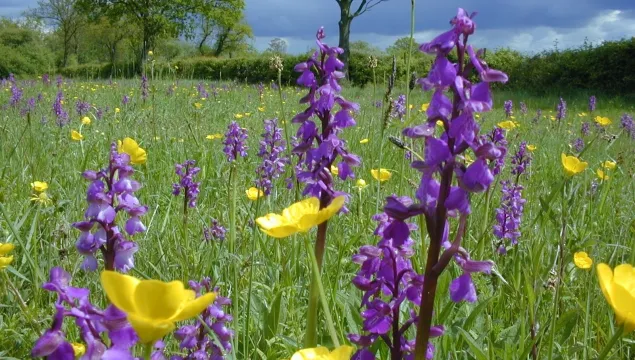
An excellent example of an unimproved hay meadow. Designated as Kent's Coronation Meadow.
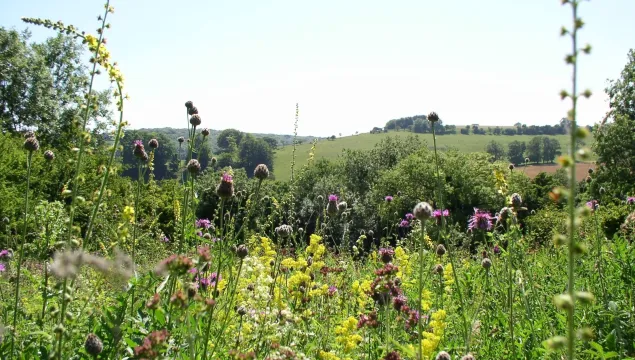
Sweeping downland slopes packed with wildlife on the outskirts of Dover.
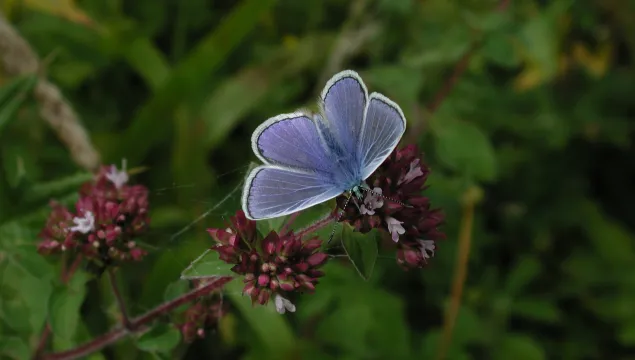
An ancient woodland with some areas of grassland with interesting associated flora.
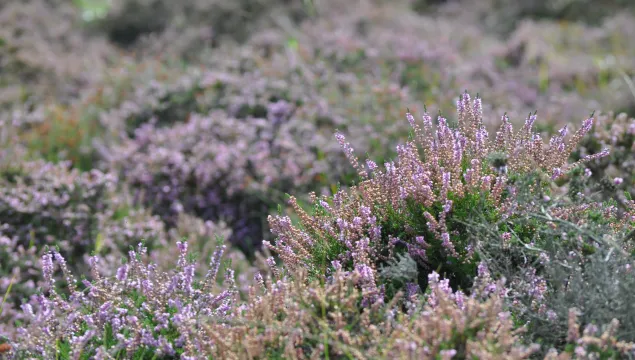
Rich in flora and fauna, this important reserve contains Kent's last four valley bogs and one of its few remaining fragments of open heath.
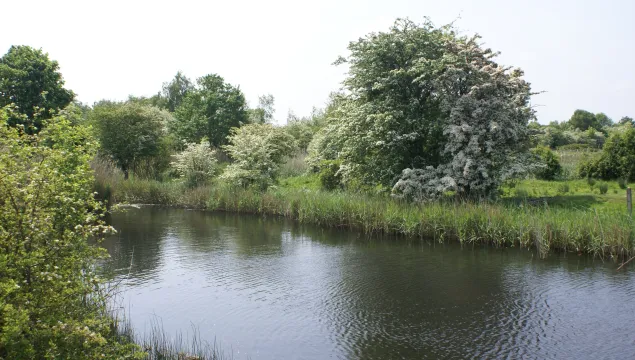
Lying along the edge of the river Medway, this patchwork of wet fields and scrub is criss-crossed by ditches and home to many rare and unusual plants and animals.
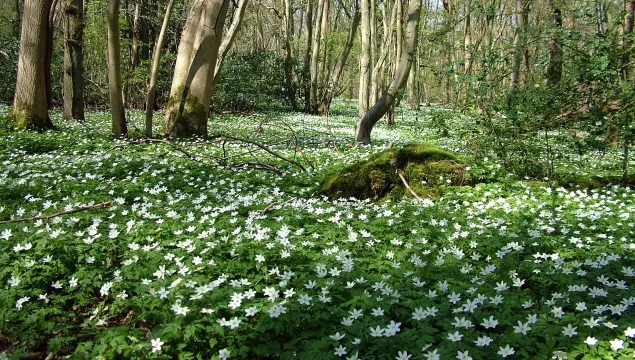
This Ancient semi-natural woodland is recognised as a site of international importance for wildlife.
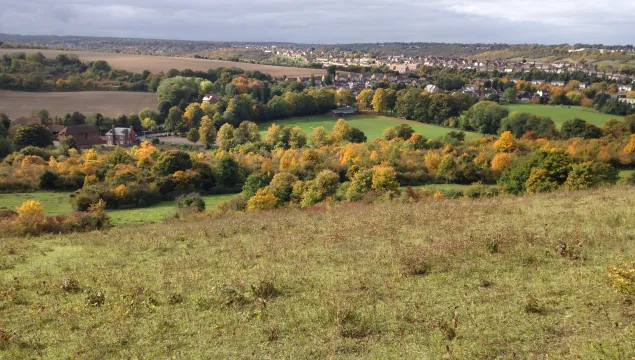
Sweeping panoramic views are not what you expect to find in the heart of the Medway towns but this site has long defied convention. This is our most diverse reserve which is home to the largest population of Man orchids in the country.
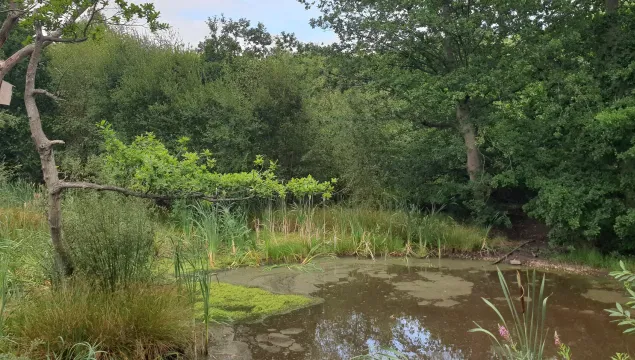
An ancient semi-natural woodland on the southeast side of a dry slope valley. Carpets of wood anemone are followed by bluebells, early purple and common spotted orchids.